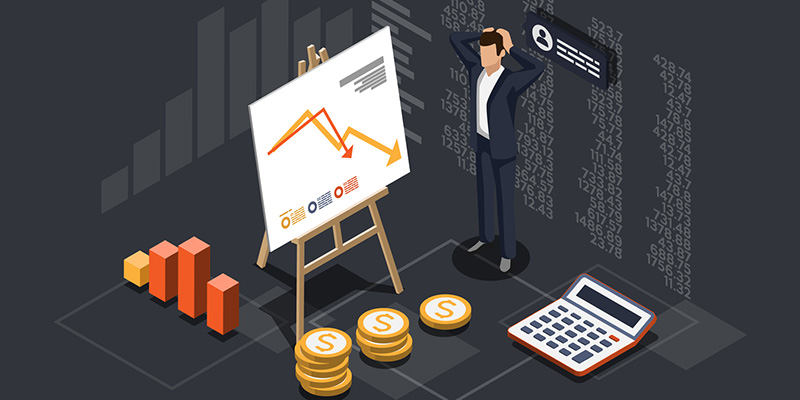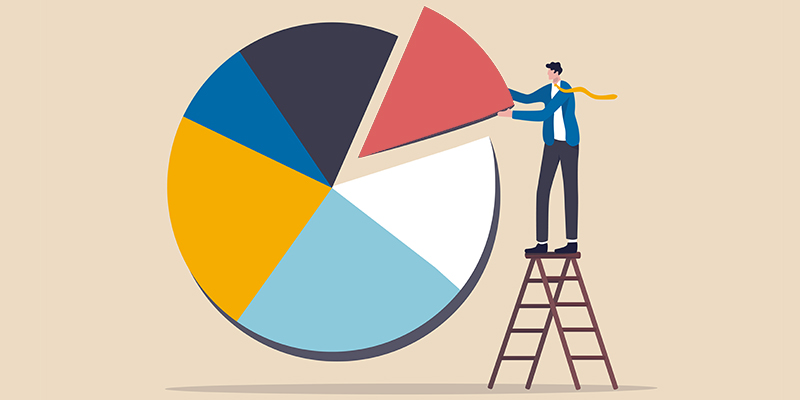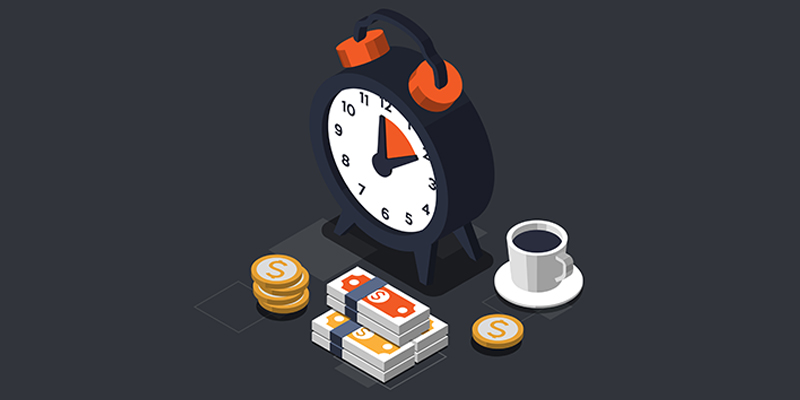The National Oceanic and Atmospheric Administration (NOAA) predicts an above-normal hurricane season. Unfortunately, we've already witnessed the power of Hurricane Ida across the country with much of its impact still to be determined. Just as we've discovered with the COVID-19 pandemic, asking for money during this time seems precarious.
When your customer accounts become delinquent, they may have a number of reasons for not paying on time. Some of these excuses may be perfectly reasonable and others, not so much. If your in-house accounts receivable or collections department is fielding some of these excuses, here are some tips on how to handle them.
Here's how to respond to delinquent customer excuses for late payments.
The last thing a business owner wants to think about is why their clients or customers aren't paying. It should be a straightforward process - you do the work or supply the goods and they pay their bills. With a little examination of your payment process, you might be able to determine the problem with those slow or late payments.
If B2B payments are too hard to collect, ask yourself these questions.
While this question will put off sales reps, collections teams may be cheering in their seats. If a sales representative works hard to land the ideal client but the invoice goes unpaid beyond the due date, who should be responsible for connecting with that client? Is a sale really complete if the invoice isn't paid? Do you have a solid process for who follows up and when it becomes necessary for your organization to move the account to collections?
Should sales representatives be responsible for collecting on past due invoices?
If you've been putting off the headache of collections, you've likely also been asking, "how can I improve my cash flow?" The two go hand-in-hand. When you're not following up on invoices that are getting older, your chances of collecting on them go down. That means you're working for no pay and that's no good.
Instead, use these B2B collections steps to convert aging receivables and improve cash flow.
If your business sends invoices or bills on credit or at recurring intervals, you likely have customers who pay late or not at all. Delinquent customer accounts can affect everything from paying business expenses to destroying business relationships. Customers may be paying late due to a number of reasons, including lost invoices, expired credit cards, or the inability to pay. Instead of taking it personally, your business can follow these tips to recover the account in a professional manner.
Here's how to manage delinquent customers in business.
When hiring someone to manage accounts receivable and collections, you're effectively putting your business in their hands. Think about it. If you need to ensure payroll and other business expenses are paid, you need working capital. The best way to gain working capital is to improve DSO (days sales outstanding) or the amount of time it takes to collect from credit sales. And the job of collections and accounts receivable specialists is to get those sales invoices paid.
Here are the top 5 qualities of successful accounts receivable and collections specialists.
Every time your business submits an invoice, there is the risk that the invoice will not be paid. By accounting for this in financial statements, you're able to get an accurate picture of the actual value of receivables. When you're certain that an account is not collectible, for instance, you have the option to remove it from accounts receivable in your financial books by writing it off as bad debt. If you're doubtful that the account will be paid but you're not quite ready to write it off, it's referred to as a doubtful account.
Here's how to create a bad debt allowance for doubtful accounts.
Employers are struggling with finding workers even though COVID restrictions are being lifted across the country. According to a recent report, 42% of small business owners were unable to fill job openings and 91% were unable to find qualified applicants. These challenges are also affecting the work that's getting done within businesses too.
Here's how the job market is affecting client invoice payments.
Accounts receivable refers to the amount due from customers for sales transactions using credit, financing, or regular timed retainer payments. When measuring and collecting A/R, your business gets a clearer view of dependable cash flow and has the data to make informed business decisions such as investments and hiring. To collect on past due receivables effectively, the sooner you're aware of non-payment, the more likely you can recover what's owed.













